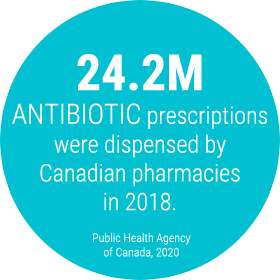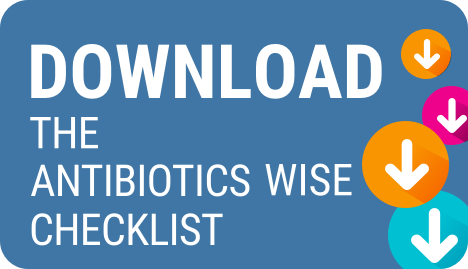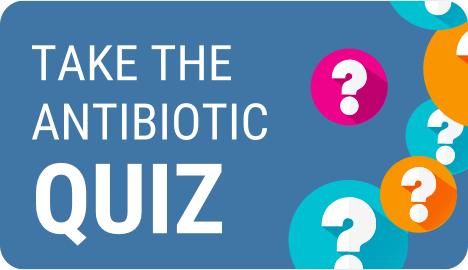Using Antibiotics – Things You Need to Know

Antibiotics are medicines that fight infections caused by bacteria. Different antibiotics are required depending on the type of infection and the bacteria involved. This decision is best left to your health-care provider.


Using Antibiotics Safely
Antibiotics are important medicines. In many cases, they start to work within a few days and get people “back to normal” in a couple more. They work because they’re picked for each patient by the doctor: the chosen antibiotic matches with the type of infection and bacteria, and the patient’s health.
Potential Side Effects of Using Antibiotics
Medicines like antibiotics can have side effects. Mild discomforts such as upset stomach or loose stools are common, and do not mean you are allergic to them. If symptoms persist after finishing the antibiotics, or if you develop a rash or severe diarrhea, see your health-care provider right away.
Potential Allergic Reactions of Using Antibiotics
Hives, rashes or trouble breathing means that you may be allergic to the type of antibiotic you are taking. You should seek medical advice as soon as possible.
Using Antibiotics and What You Can Do
If your health-care provider suggests an antibiotic, ask questions and learn if you have a bacterial infection or a viral infection.
Questions you should ask:
- Ask whether you have a bacterial or viral infection.
- Ask if the antibiotic is safe to take with your other medications, or health conditions (including pregnancy).
- Ask what potential side effects you should expect.
- And ask if there are other things that you can do to help you get better.
When antibiotics are prescribed by your health-care provider, take them as directed and do not share them with other people as this would risk side effects and promote resistance.





